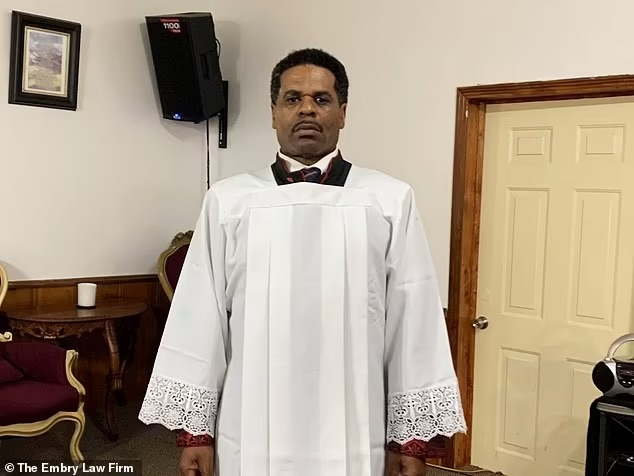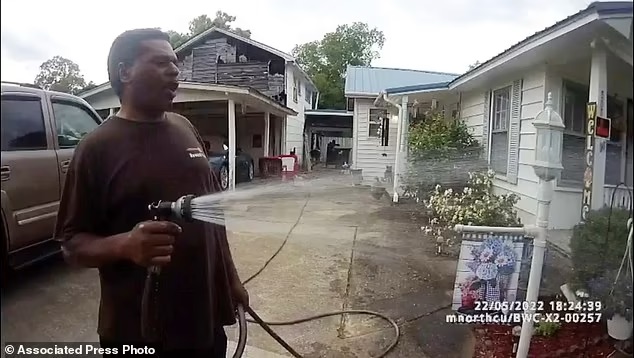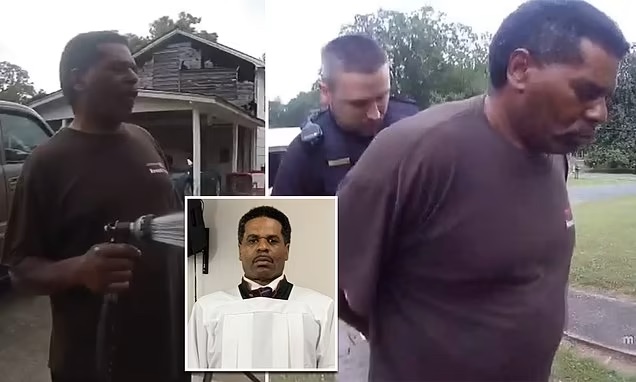A federal appeals court has ruled that police officers who arrested a Black pastor for watering his neighbor’s flowers can face a lawsuit, overturning the previous dismissal of the pastor’s case.
The 11th U.S. Court of Appeals’ three-judge panel unanimously found that the officers lacked probable cause when they arrested Michael Jennings in Childersburg, Alabama, in May 2022.
The court determined that the officers are not shielded by qualified immunity, which typically protects law enforcement from civil lawsuits unless they violate clearly established legal or constitutional rights.

Jennings was arrested after a white neighbor called the police, reporting that he was watering his friend’s garden while they were out of town.
Despite identifying himself as “Pastor Jennings” and explaining that he lived across the street, officers arrested him for failing to provide physical ID. Body camera footage showed that Jennings verbally identified himself, but the officers insisted on seeing a physical ID.

Jennings’ lawyers argued that the arrest was made without probable cause just five minutes after the officers arrived on the scene.
“This is a victory for Pastor Jennings and justice,” said Harry Daniels, Jennings’ lead attorney. “The video speaks for itself. Pastor Jennings will finally have his day in court to show that wearing a badge doesn’t grant immunity from breaking the law.”
Chief District Judge R. David Proctor had initially dismissed the case, citing qualified immunity. However, the appeals court ruled that while Alabama law allows officers to request identification if they reasonably suspect a crime, it does not require an individual to present physical ID.
Jennings was initially charged with obstructing government operations, but the charges were dropped a few days later at the request of the police chief. Jennings later filed a lawsuit, citing violations of his constitutional rights and the emotional distress he continues to experience.
Daniels emphasized that the ruling could have broader impacts across the state. “This decision has major implications for anyone unlawfully arrested for not showing ID,” he said.
